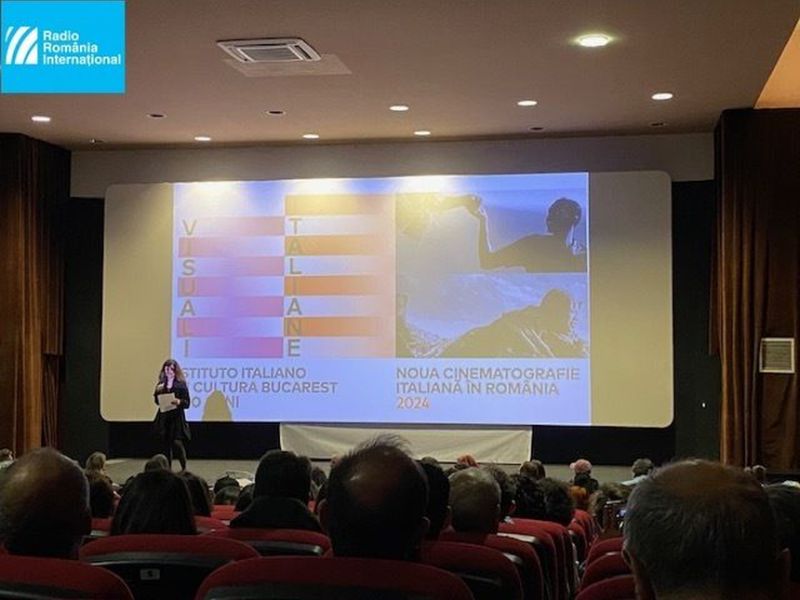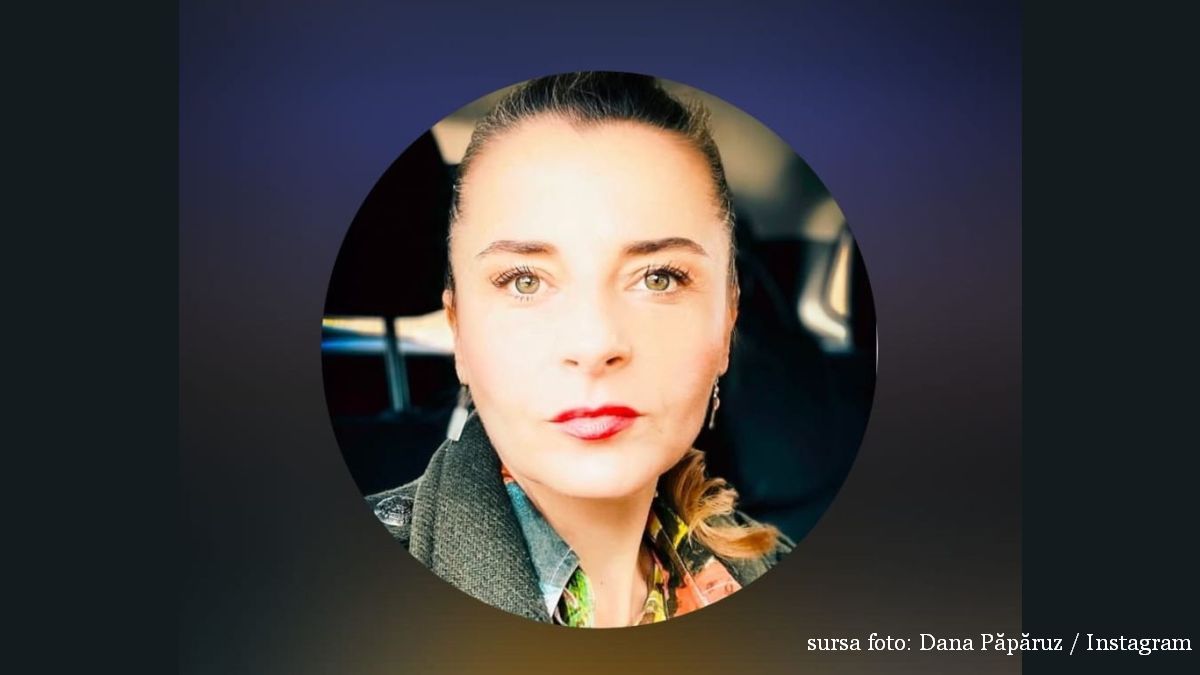The Bucharest International Poetry Festival
Over 100 poets from more than 30 countries attended the 8th Bucharest International Poetry Festival held in the Romanian capital city between May the 15th and 21st

Corina Sabău, 09.09.2017, 12:00
Over 100 poets from more than 30
countries attended the 8th Bucharest International Poetry Festival
held in the Romanian capital city between May the 15th and 21st.
The Festival included events like roundtables, panel discussions, performances
and jazz recitals, book launches, conferences and, for the first time this
year, events devoted to children. A novelty this year was also the PEN Club
anniversary, which brought to Bucharest PEN members from most European
countries. Claudiu Komartin, a poet and the editor in chief of Poesis International magazine and head of
the Max Blecher Publishers, one of the longest-lasting and well-known book
clubs in Romania, moderated a number of reading sessions as part of the
Bucharest International Poetry Festival.
Claudiu Komartin: I believe it is important for us
to showcase, for those people who are interested in poetry, the variety and
plurality of styles that exist in today’s literature and, in particular, in
this very special area, contemporary poetry. The reason I say this is that
contemporary poetry has its own particular public, and a specific type of
explorations, of quests. I’m not sure how important my role is within this
Festival, but I was entrusted with organizing these reading sessions, at the
centre of which are young poets, aged between 20 and 40 years. Moni Stanila and
Alexandru Vakulovski are among the oldest, so to say, young poets who are
presenting their works these days. We have very different poets, coming from
Cluj, from Bucharest, from Chisinau, a very diverse range.
One of the poets featured in the Festival
is Radu Vancu, who is also, according to writer Mircea Cartarescu, one of the
leading poetry critics Romania has at present. We asked him about his
impressions after the Bucharest International Poetry Festival:
Until a decade ago, each
generation used to have some sort of prevailing rhetoric, a kind of group
poetics that a writer had to adopt, otherwise they would appear detached from
the trends in contemporary poetry. For instance, a member of the ’60s
generation had to be somewhat neo-modernist, those from the 80s were
necessarily textualist and sort of bookish. Today, however, what I notice is an
amazing diversity of techniques and approaches, some of them are very
corporeal, others are sentimental, others focused on writing techniques or are
very experimental. I believe that the Romanian poetry of today has succeeded in
using all poetic formulas. I could even say that Romanian poetry has managed to
document the whole world and mirror its diversity. And this is a very good
thing, as I don’t believe we’ve seen such diversity in Romanian poetry so far.
And I also believe that it is not the internal logic of poetry that has brought
us here, but the fact that Romanian poets and writers are very connected to the
global trends in poetry and they travel a lot more than they did ten years ago,
for instance. And this has triggered an infusion of new poets, and also new
ways to see the world and new names of writers. This whole process has prompted
a diversification in poetry. And the results can be seen now. I hope that the
cultural institutions in Romania, that promote Romanian literature, from the
Romanian Cultural Institute to the Ministry of Culture, will not see this
national identity that they have approached lately in institutional terms, as a
form of tribalism, of autarchy, of closing the borders. It is obvious that only
by traveling the world, by keeping borders open, culture can be enriched and
diversified.
One of the events
moderated by Radu Vancu within the Bucharest International Poetry Festival has
been the debate held by translator Adam J. Sorkin from the US, dubbed Putting
a Blotch across the Sun, Tripping up for Good at the Soul: A Translator’s
Evolution. Radu Vancu explains:
Adam J.
Sorkin has done a lot for our poetry as he has translated tens of poets
throughout time. He also initiated this shift of Romanian poetry from our
localism towards Western policies a time when it was difficult for Romanian
poets to travel and to reach the US for instance, in order to get in touch with
the cultural movement there. So at that time Adam J. Sorkin played the role of
a sort of ‘cross-border elf’ taking Romanian poetry to the US and bringing
American poetry to Romania. I believe
that Adam J. Sorkin, beyond his merits as a translator, worked as a ‘cultural
facilitator’ in the sense that he managed to ease the transfer of poetry-related
information to and from the US and to somehow catalyze Romanian poetry writing,
which makes him more of a cultural agent, rather than a mere translator.
The International
Poetry Festival in Bucharest is a cultural initiative absolutely necessary in
the context of the European Union and the common cultural values promoted
through it. At the moment of its first edition, back in 2010, Bucharest had
been among Europe’s very few capitals to not host such a wide-scale festival.
Shortly after its appearance, however, this festival has made up for this
deficit in the Romanian culture, bringing poetry – as a major literary genre as well the poets and their voices -
up to the forefront, to the attention of the big public interested in the
various forms of poetical expression says Ioan Cristescu, director of the
National Museum of Romanian Literature, the main organizer of the event.





























